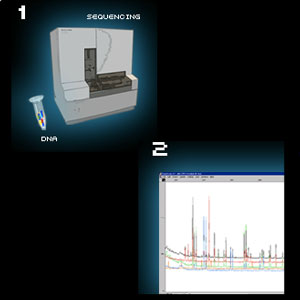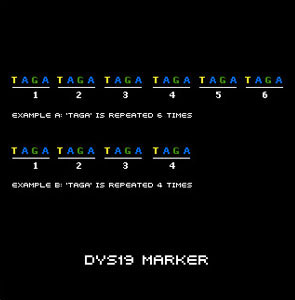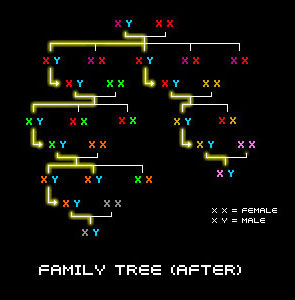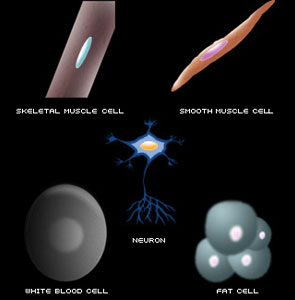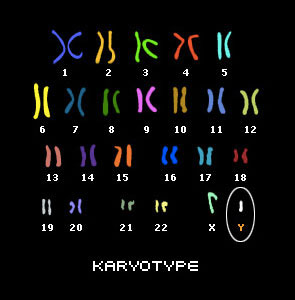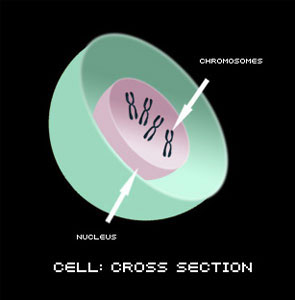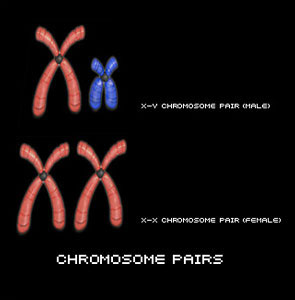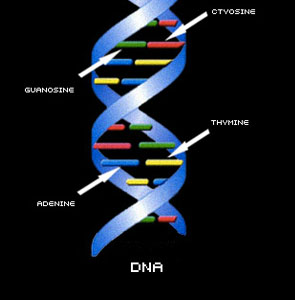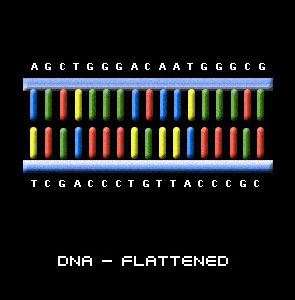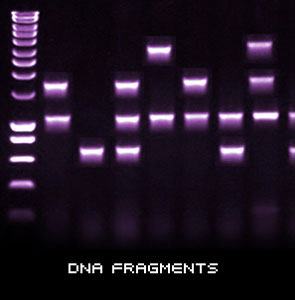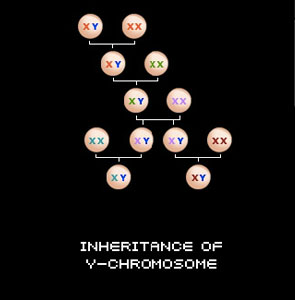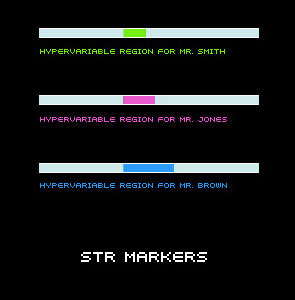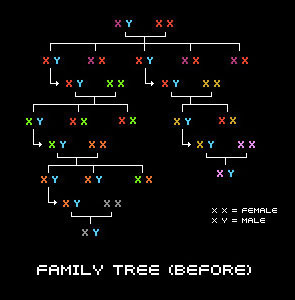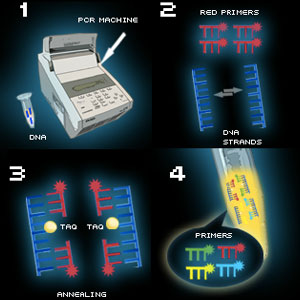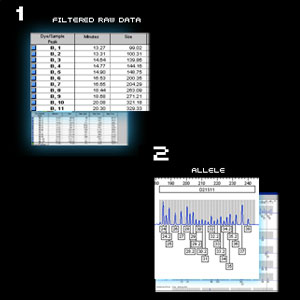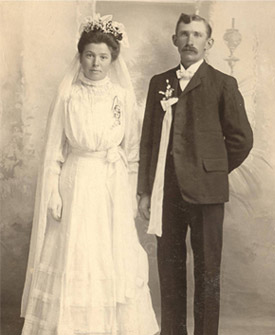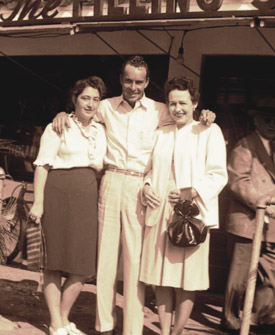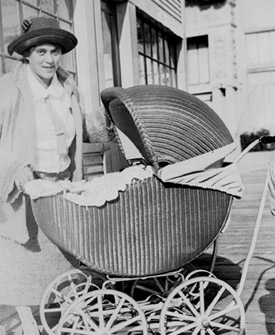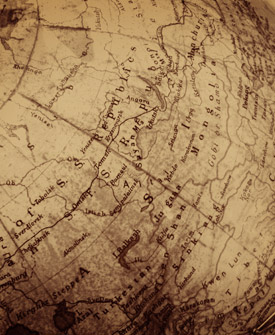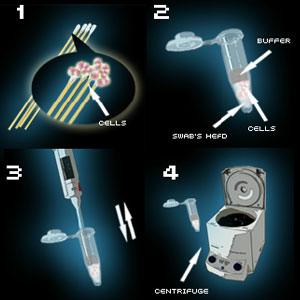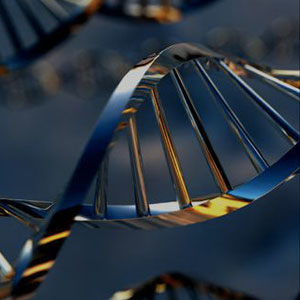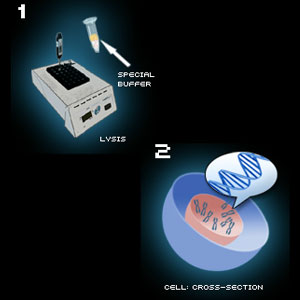Service Fees
Additional Services
- Replacement Kits: $3 per individual plus shipping
- Extra Private Email Reports: $15
- Extra Private Mailed Reports: $15 plus shipping
- Extra Legal Relationship Testing Reports (ordered before test completed): $50
- Extra Legal Relationship Testing Reports (ordered after test completed): $50
- Telephone results: $15 (up to 10 minutes)
- Re-activating an account once it has been in-activated: $50
Private Reports
Each Private test includes one mail report and one Email report which must be requested at the time of ordering at no extra charge. After the case has been completed and closed, additional costs will apply. Additional reports are only available for ordering up to 1 year after the test has been completed.
Legal Reports
Each Legal test includes up to two sets of signed legal documents which must be requested at the time of ordering at no extra charge. Additional signed legal documents beyond the first two are $50 per set at the time of ordering. Once the test is completed, the service includes sending the signed legal document by regular post to the address indicated by the client at the time of ordering. After the case has been completed and closed, the cost to re-activate the case and generate additional legal documents is $50 per set of signed legal documents. Additional reports are only available for ordering up to 1 year after the test has been completed.
DNA Kit Expiration
After purchasing aDNA test kit, you have up to 2 years to use your kit and send your samples back to the laboratory for testing. If the samples are not received and testing is not initiated within 2 years of the purchase date, your account will be inactivated.
Chain-of-Custody Specimen Collection for Legal / Immigration Testing
The collection fee for most of our collection locations in US and Canada is $50 per person and the cost for overseas collection is $100 per person. A higher collection fee may apply for some collection locations, especially in remote areas. We will confirm with you the final collection fee for your chosen collection site prior to booking a legal or immigration test appointment.
Extra Kits
In the event that you lose or damage your DNA Collection Kit, a replacement kit can be issued for $3, plus shipping.
Paternity Index
The results of the DNA Paternity Test indicates whether the tested man is the true biological father of the child by comparing the child’s profile to the alleged father’s profile.
16 STR loci are tested for each individual. The test will generally provide >99.9% for trio inclusion (mother, child, alleged father), 100% for trio exclusion, >99.9% for motherless paternity testing inclusions, and 100% for motherless paternity test exclusions. If less than 16 loci show up due to sample conditions, only the loci which meet acceptability criteria will be reported and the test will show >99% for inclusions, and 100% for exclusions.
Turnaround Time
The routine turnaround time for DNA testing is approximately 3 to 5 working days for relationship tests and 7 to 14 days for medical and ancestry tests. The turnaround time for testing begins on the date that the specimen is received by the laboratory. As with any biological testing, some exceptions may occur. The typical reasons for extended testing are:
- Poor sample quality. If the swab submitted to the laboratory has low amounts of DNA due to improper sample collection or poor mouth conditions (e.g. excessive drinking, chewing gum, dry mouth, heavy smoking, etc.), the turnaround time may increase or a recollection may be required.
- Mutation. If a mutation is detected in the genes shared by the alleged father and child, additional testing may be required.
- Low paternity index. If the genes shared by the alleged father and the child are very common, a low paternity index may be obtained. In such a situation, additional testing may be required and will result in an increased turnaround time.
- Incest or related alleged fathers. In cases of incest (i.e. where the alleged father is also the father or brother of the mother), or in cases where two or more possible fathers of the same child are closely related to each other (i.e. where the possible fathers of the child are father and son pairs or brothers), additional testing and analysis may be required and will result in an increased turnaround time. Please note that if the possible fathers of a child are related (such as brothers), it is highly recommended to test both brothers so that one can be eliminated. If only one brother can be tested, it is recommended to add the mother of the child to the test.
The #1 priority of the laboratory is the quality of the testing and the absolute accuracy of the results. The turnaround time cannot be guaranteed if an exception is encountered, and the laboratory will not under any circumstances sacrifice the quality of the test in order to speed up the turnaround time. If additional testing is required, the test may take additional time.
Non-Compliant Samples
By submitting the sample, the customer agrees that he/she has complied with the sample collection instructions provided in the kit. If the customer does not comply with the sample collection instructions and a retest is required, the customer may be required to pay an additional fee if more samples need to be collected for a retest.
Non-Compliant Samples, Discovered Prior to Testing
If we discover prior to testing that your samples are non-compliant because you did not follow the collection instructions (e.g. swabs in bag, mouldy swabs, insufficient number of swabs), we will attempt to notify you and ask you whether you would like us to proceed with testing the noncompliant sample or whether you would like to recollect your sample.
If you choose to proceed and test the non-compliant sample, there is no guarantee regarding the quality of the results or whether any results can be obtained. The results will be reported “as is”. There will be a $65 charge per person if a resample or retest is required.
If you choose to recollect the sample before the testing has begun, the replacement kit is $3 (plus shipping), and will allow you to repeat the sample collection.
If we do not have an email on file for you, or if we do not receive a response from you within 2 days after a notification is posted to your account online, we may opt to proceed with testing the non-compliant sample under the terms specified above.
If you forgot to sign your DNA testing consent form, there is a $10 Processing Fee per individual to send another consent form to you for return by fax or email. Written reports and emails cannot be released without a signed consent form.
Non-Compliant Samples, Discovered After Testing Has Been Completed
If we find out during or after testing has been completed that your sample is non-compliant because you did not follow the instructions or if the samples have been deliberately tampered with, the file will be closed and a report will be sent out “as is”. If additional testing is requested, the full cost of the test will be charged.
Forensic Samples
The cost for testing forensic samples (e.g. toothbrush, hair, stains, etc.) is $350 for the forensic DNA isolation plus the cost of the DNA test required. There is no guarantee that the forensic sample will work. If the forensic sample contains sufficient intact DNA, a profile will be obtained. However, if the forensic sample contains an insufficient amount of DNA, degraded DNA, or no DNA at all, then a partial profile or even no profile can be obtained, but the entire cost of the test will still apply.
Consultation and Expert Testimony
The charge for consultation is $15 per consultation up to 10 minutes. If the file has been archived for over 6 months, the charge is $50 to retrieve the file from archive and $15 for the consultation (up to 10 minutes). Consultation is $15 regardless of whether the consultation takes up the full 10 minutes. Each additional 10 minute package is $15 and must be paid in full prior to the consultation.
Expert Ph.D. consultation or expert court testimony for legally admissible relationship testing for paternity or immigration is $600/hr per hour (one hour minimum charge).
Mutations in a paternity or maternity test
Mutations in relationship tests are rare, but are detected in approximately one in 500 individuals. If a mutation is detected in the DNA of an individual tested, it may sometimes not be possible to obtain a conclusive result. The mutation will be indicated in the results report and the report will be issued “as is”. In the case of a motherless paternity test, you have the option to test the mother for $65 to increase the resolution of the test. The resolution of the test can also be increased by running additional markers above the first 16 markers for $65 per person. In such situations, the additional testing may be able to achieve a conclusive result in mutation cases but there is no guarantee. If the child is male, you will also have the option to order a Y-DNA test to help resolve the mutation situation.
Incorrect Shipping Address provided by Client for Testing Kit
If an incorrect address was provided in the order form and the kit must be to be re-delivered as a result of the incorrect address provided, the cost is $3 for a replacement kit plus shipping.
Incorrect Shipping Address by Client for Legal Report
If an incorrect address was provided in the order form for the delivery of the legal report and the report must be to be re-delivered as a result of the incorrect address provided, the cost is $50 for the replacement legal report plus shipping.
Methods of Payment Accepted
The following methods of payment are accepted:
Visa, MasterCard, Discover, American Express, Diners and JCB
Cost of Testing
The cost of the testing is set at the time of the order. Additional testing at a later date will be at the current rate on the date of the additional order.
Informed Consent
By submitting a sample for analysis, the customer warrants that he/she has the right to take and submit such samples for DNA testing and provides the testing laboratory with authorization to conduct the DNA testing specified in the order on the samples. By submitting a sample for testing you warrant that either you are the owner of the sample or have full authority by the owner of the sample to submit the sample for testing. Minors must have approval and consent from their legal guardian.
DNA Sample Consumption
Once a DNA sample is submitted to the laboratory, it will be consumed for the purpose of the DNA test. The sample will not be returned to the submitter. Please do not submit valuables to the laboratory as items sent for testing will not be returned.

